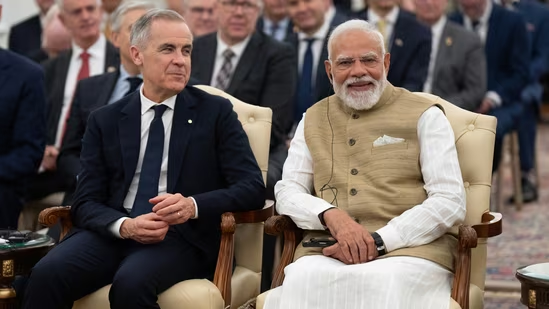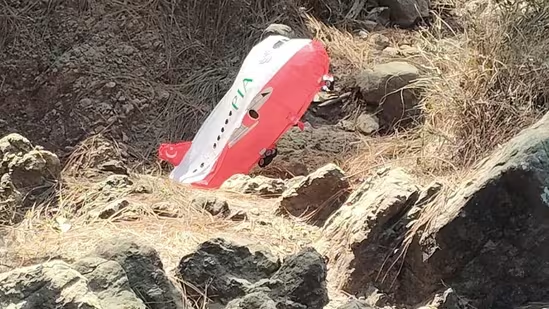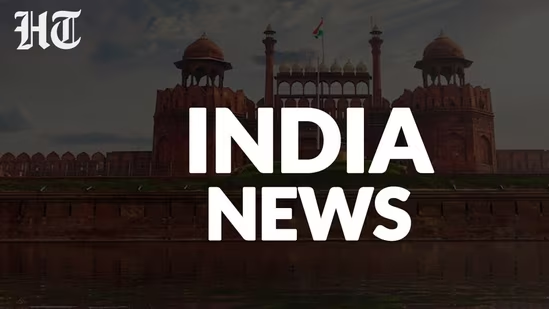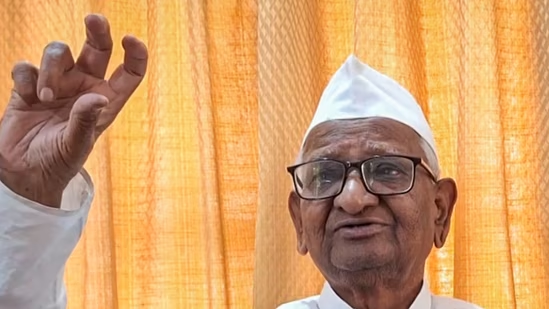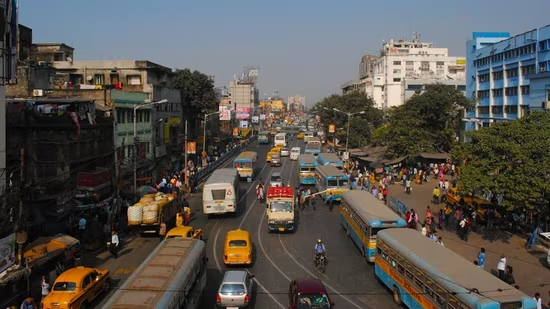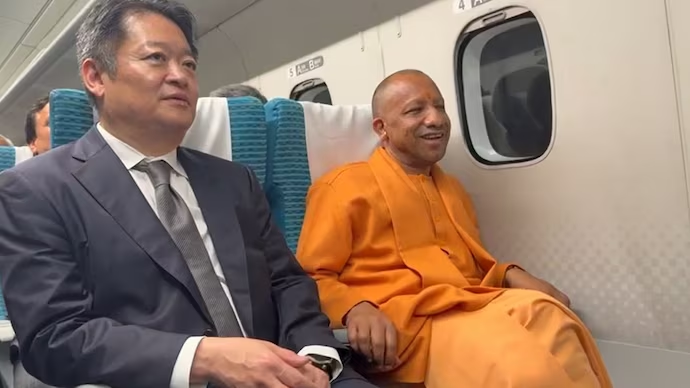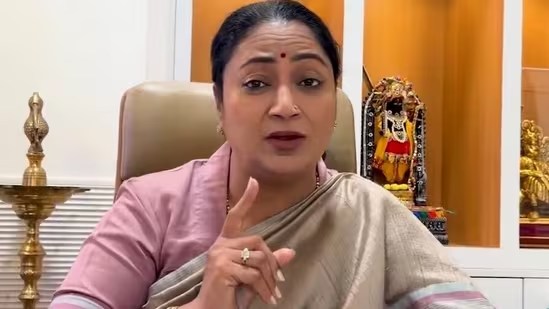Manipur remembers the anniversary of the May 3, 2023, violence that broke out, and the wounds of division are still fresh, resonating with a story of political stalemate and intercommunal conflict. Different viewpoints from the Kuki and Meitei communities emerge in the shadow of this sombre milestone, each coping in a unique way with the memories of loss and turmoil.
The Kuki people, united under the Kuki Inpi Manipur (KIM) banner, observe this day as ‘Awakening Day,’ a sombre opportunity to consider the collective pain they have experienced. On the other hand, the Federation of Meitei Civil Societies (FOCS) observes it as a “Black Day,” lamenting the suffering and devastation their society has endured. In the midst of this mutual suffering, there emerges a sobering realisation: both populations have suffered greatly psychologically as a result of the fight, albeit with different grievances.
The central leadership’s conspicuous lack of decisive action is at the root of Manipur’s prolonged predicament. Representatives of Kuki and civil society organisations have begged the government to step in and send in the armed forces to put an end to the violence ever since the crisis began. But these pleas have been ignored because political expediency takes precedence over humanitarian needs, which feeds the cycle of hopelessness and impunity.
The main cause of the unrest in the state is the divisive leadership of N. Biren Singh, who has been accused of administrative incompetence and communal favouritism during his time as chief minister. Singh has been using sectarian divisions to strengthen his political base by using divisive rhetoric that has heightened tensions and given radical groups like the Arambai Tenggol militia more confidence. Singh’s scapegoating of the Kuki community and promotion of a narrative of Meitei victimhood have exacerbated sectarian divisions, sabotaging efforts at reconciliation and creating an atmosphere of mistrust and dread.
The dissemination of a Meitei-centric historical narrative, which aims to downplay the cultural and historical achievements of marginalised communities like the Kukis and Nagas, is a recurrent theme in Manipur’s turbulent narrative. Supported by factions within the Meitei establishment, this revisionist strategy seeks to monopolise the state’s identity by deleting opposing opinions and extending a cycle of estrangement and exclusion. Manipur’s social fabric is seriously threatened by the deterioration of collective memory and historical plurality, which deepens divisions and exacerbates conflict between communities.
While Manipur struggles to recover from a year-long conflict, the effects of its internal conflict are felt well beyond its boundaries, raising serious concerns about India’s commitment to inclusive government and pluralism. The inability to resolve fundamental issues and promote fruitful discussion highlights a structural breakdown in preserving democratic principles and safeguarding the rights of marginalised groups. Manipur faces the risk of further devolving into disorder if coordinated measures are not taken to counter historical revisionism and balance conflicting narratives, endangering both its rich cultural heritage and collective identity.
Looking back, the last year is a sobering reminder of the dangers of communalism and political stasis, highlighting the critical necessity for inclusive discourse and governance. In order to move forward, it will be necessary to work together to overcome societal divisions, oppose historical revisionism, and defend democracy and fairness. Manipur can only move past the differences that have long dogged its turbulent past and towards enduring peace and reconciliation by working together and committing to shared prosperity.
The anniversary of May 3, 2023, gives Manipur a sobering reminder of the difficulties that lie ahead as it sets out on its path. A glimmer of hope does, however, remain among the devastation—a common will to face the past, create a road towards peace, and recover the promise of a better future for everyone who calls Manipur home.






